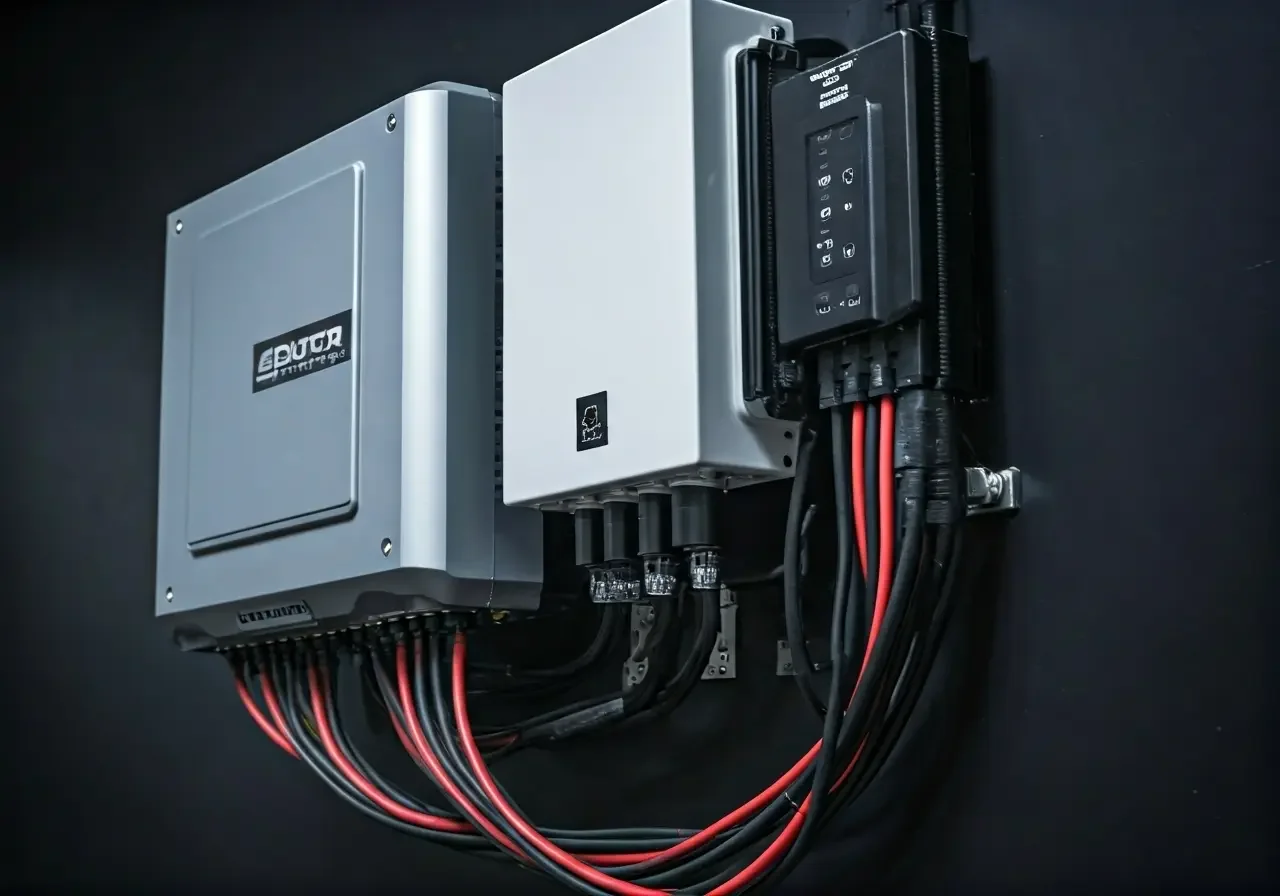How Does a Solar Inverter Support Energy Storage Solutions?
In today’s world, renewable energy has become more than just a trend – it’s a necessity. With the rising popularity of solar power systems, understanding the components involved is essential. Central to these systems is the solar inverter, a gadget that plays a critical role, especially when integrated with energy storage solutions. Let's dive deeper into how these inverters support energy storage to optimize solar power usage.
What is a Solar Inverter?
A solar inverter is an electronic device that converts the direct current (DC) generated by solar panels into alternating current (AC), which can be used to power your home or be fed back to the grid.
By converting the sun's energy into a usable form, solar inverters essentially act as the brain of a solar power system. They continually track the performance of the solar array and ensure that excess energy is stored efficiently or returned to the grid. This conversion is crucial for optimizing energy use and reducing reliance on conventional power sources.
Different models of inverters come with distinctive features like efficiency ratings and technological integration. Understanding these nuances can make a significant difference in the effectiveness of your solar setup.
The Role of Solar Inverters in Energy Storage
Beyond conversion, solar inverters allow for the efficient integration of energy storage systems. They help manage the charge and discharge cycles of batteries, optimizing energy usage and ensuring a steady power supply.
Solar inverters equipped with energy management capabilities seamlessly interface with battery systems. They decide when to store energy and when to release it, enabling homes to maintain energy consistency even when the sun isn’t shining. This functionality is crucial for maximizing self-consumption and minimizing reliance on the grid.
By simplifying the integration of renewable energy, solar inverters empower homeowners to take control of their energy usage. It not only decreases electricity bills but also increases energy independence.
Types of Solar Inverters and Their Impact on Energy Storage
There are various types of inverters such as string inverters, microinverters, and hybrid inverters, each with unique advantages regarding energy storage. Understanding these differences is key to selecting the right system for your needs.
String inverters, the most common type, connect multiple panels in series. They are known for their cost-effectiveness and simplicity but can be limited by shading issues. On the other hand, microinverters are attached to individual panels, offering greater efficiency and flexibility in design but at a higher cost.
Hybrid inverters are paving the way for the future of solar energy. With the capability to work seamlessly with battery storage systems, they offer a balanced and integrated approach to energy management. This makes them an excellent choice for those looking to integrate solar with energy storage from the get-go.
Smart Inverters and Grid Interaction
Smart inverters offer advanced features that go beyond conversion. They can communicate with the grid, manage energy flow intelligently, and even support demand response, thereby enhancing the overall efficiency of energy storage solutions.
With capabilities like remote monitoring and grid support functionalities, smart inverters can dynamically adjust power usage patterns. This not only increases the reliability of solar power systems but also helps in stabilizing the grid during peak demand times.
By offering grid interaction and real-time data analytics, smart inverters not only boost system performance but also provide insights into energy usage. This can lead to a more informed and sustainable lifestyle, supporting broader environmental goals.
Installation Considerations for Optimal Energy Storage
Proper installation and configuration of solar inverters are crucial for maximizing energy storage benefits. This includes choosing the right inverter type, ensuring compatibility with battery systems, and expert installation.
Selecting the right capacity and ensuring the components are compatible can be the difference between an effective solar power system and an underperforming one. It is recommended to consult with professionals to tailor a setup specific to your energy needs.
The location and positioning of both panels and inverters can significantly affect performance. An ideal installment considers shading, orientation, and local climate conditions to optimize energy capture and utilization.
Harnessing the Future with Solar Inverters
Solar inverters are indispensable in maximizing the feasibility and efficiency of home-based solar power systems, especially when linked with energy storage solutions. By converting energy, facilitating smart management, and improving grid interaction, solar inverters ensure that renewable energy is harnessed and utilized effectively. As technology evolves, these smart inverters will continue to play a pivotal role in the future of sustainable energy. To learn more about how these systems can benefit you, visit our homepage.


